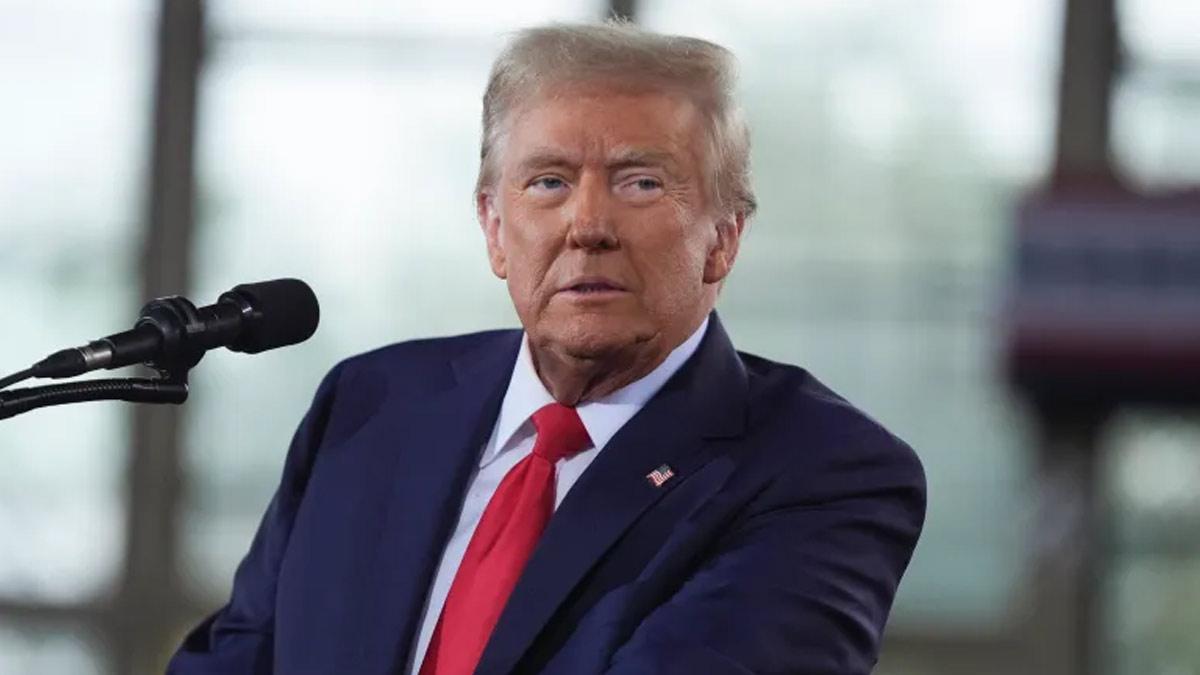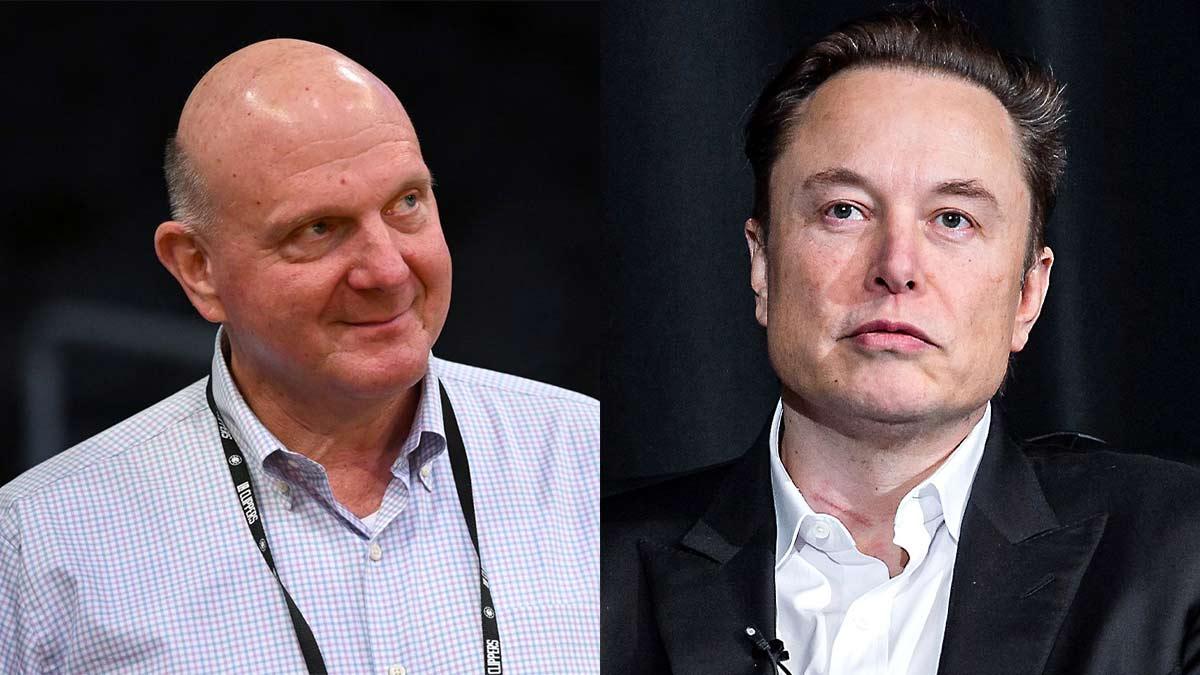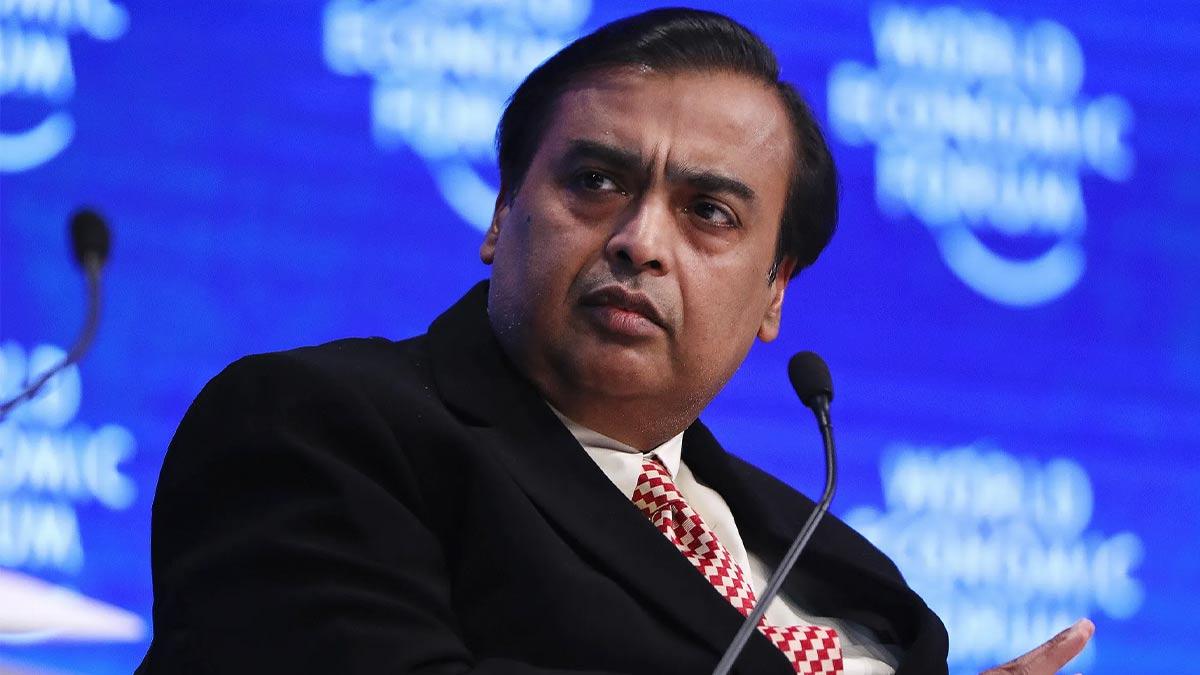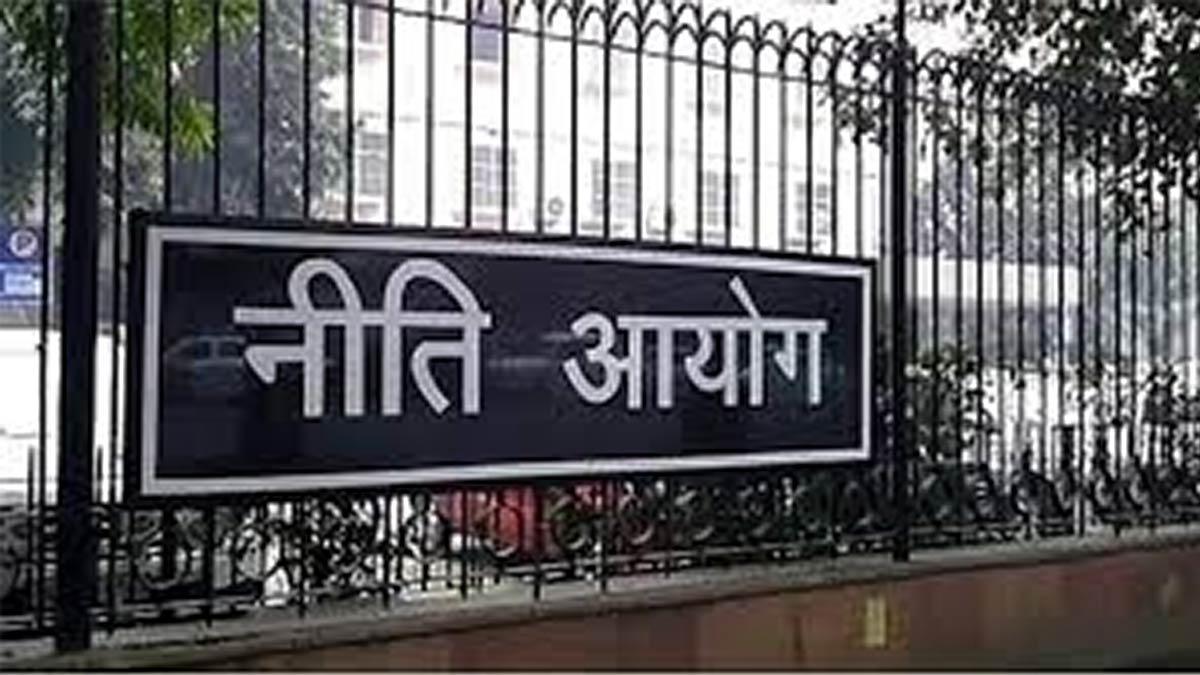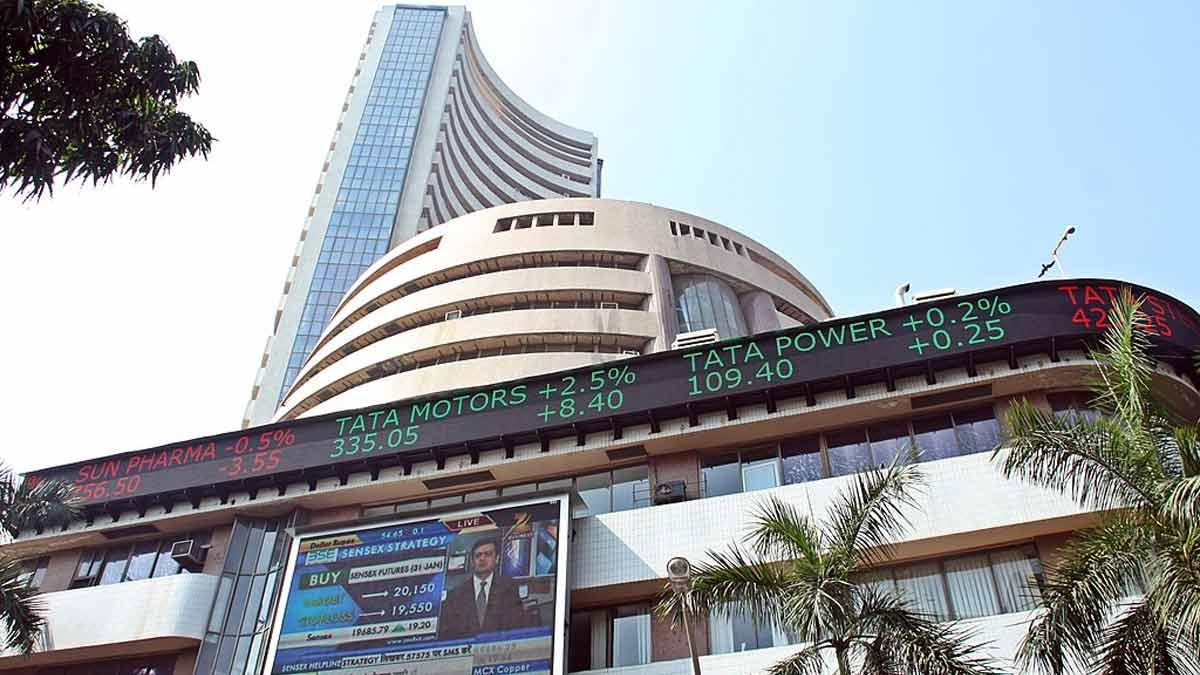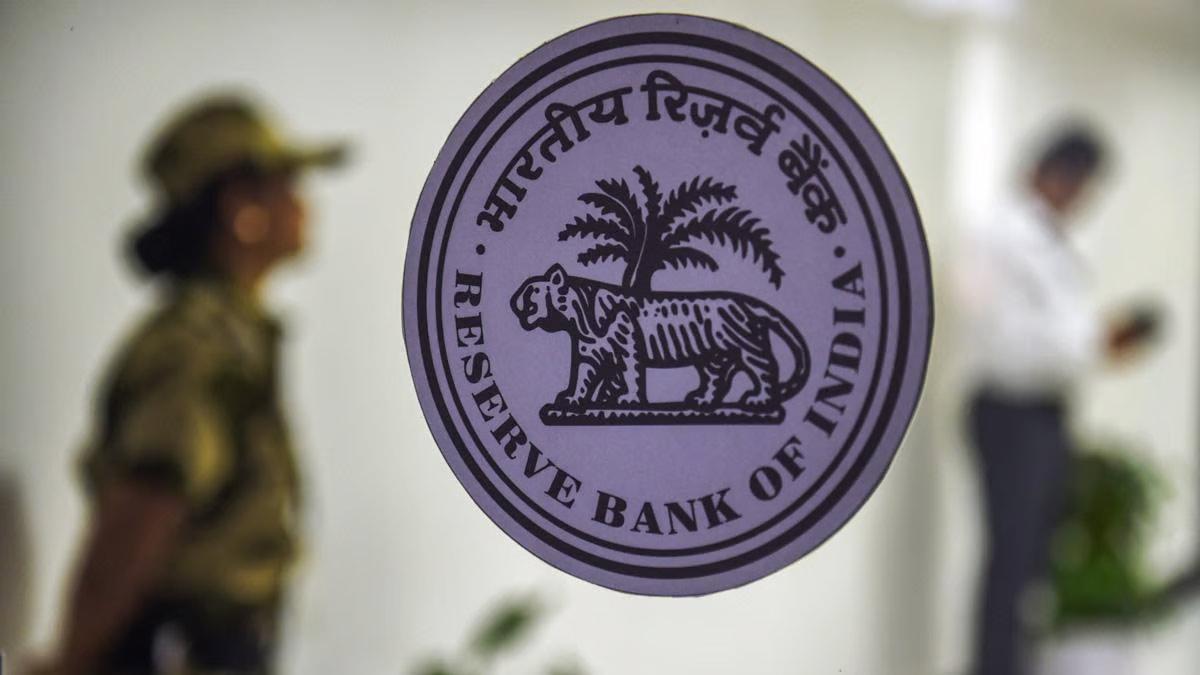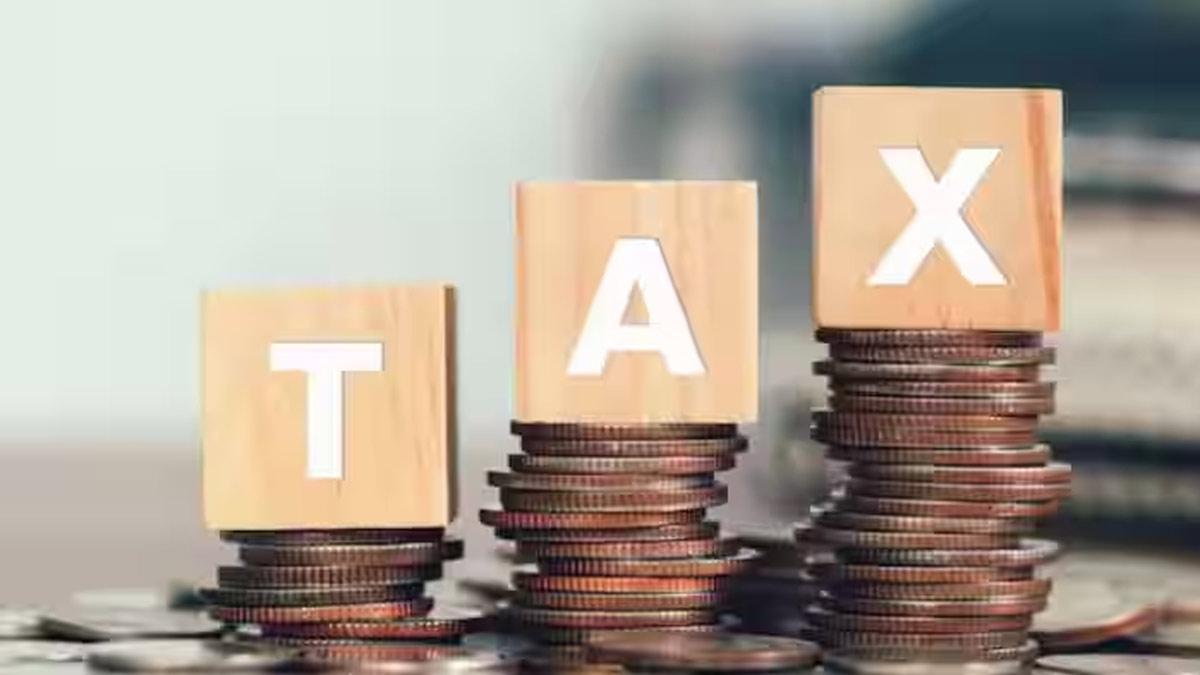The US is pondering raising the tariff on medicines, especially medicines brought in from China, within a month or two, Commerce Secretary Howard Lutnick asserted during a recent interview.
"We can no longer rely on China for essential things like our medications and semiconductors that we should make ourselves," Lutnick stated. "We can no longer rely on foreign nations for necessities that we need."
This comment came after President Donald Trump's previous comment at the National Republican Congressional Committee, when he said the U.S. would be applying a "major" tariff to imported drugs shortly.
Lutnick went on to explain, saying, "This isn't a permanent exemption. The President is simply reiterating that these products are non-negotiable as they are essential to national security and need to be manufactured in America."
Pharmaceuticals have long been exempt from the U.S.'s general tariff policies because of the nation's dependence on low-cost generic medications from countries such as China and India, which are an essential part of the U.S. healthcare system. These cheap medicines offer a massive benefit, particularly as U.S. multinational businesses tend to price the same medication at high prices, rendering it inaccessible to a large number of consumers.
But with the trade war between the U.S. and China ongoing, Chinese drug exports have now begun to be considered as an initial tariff target. Consequently, it is estimated that in the short run, the U.S. will become more reliant on Indian generic medicines.
India is a key player in the export of generic drugs to the U.S., with over 45% of the generic drugs consumed in the U.S. being produced by Indian companies. Top Indian pharma firms such as Dr. Reddy's, Aurobindo Pharma, Zydus Lifesciences, Sun Pharma, and Gland Pharma derive a large chunk of their revenues from American consumers.
During the financial year 2024, America contributed $8.7 billion of India's overall $27.9 billion pharma exports, as reported by the Pharmaceuticals Export Promotion Council of India.
The U.S. depends heavily on low-cost generic drugs from India, and an increase in tariffs could result in higher costs and even shortages of necessary drugs, especially antibiotics and other standard treatments. Further, India is negotiating with the U.S. for a possible bilateral trade agreement, and access to low-cost generic drugs will probably be a prime factor in those negotiations.
Read also| India's Forex Reserves Climb to $676.3 Billion, Marking Fifth Consecutive Weekly Gain
Read also| FIIs and DIIs Infuse Over $5 Billion into Indian Equities in March, Turning Net Buyers

